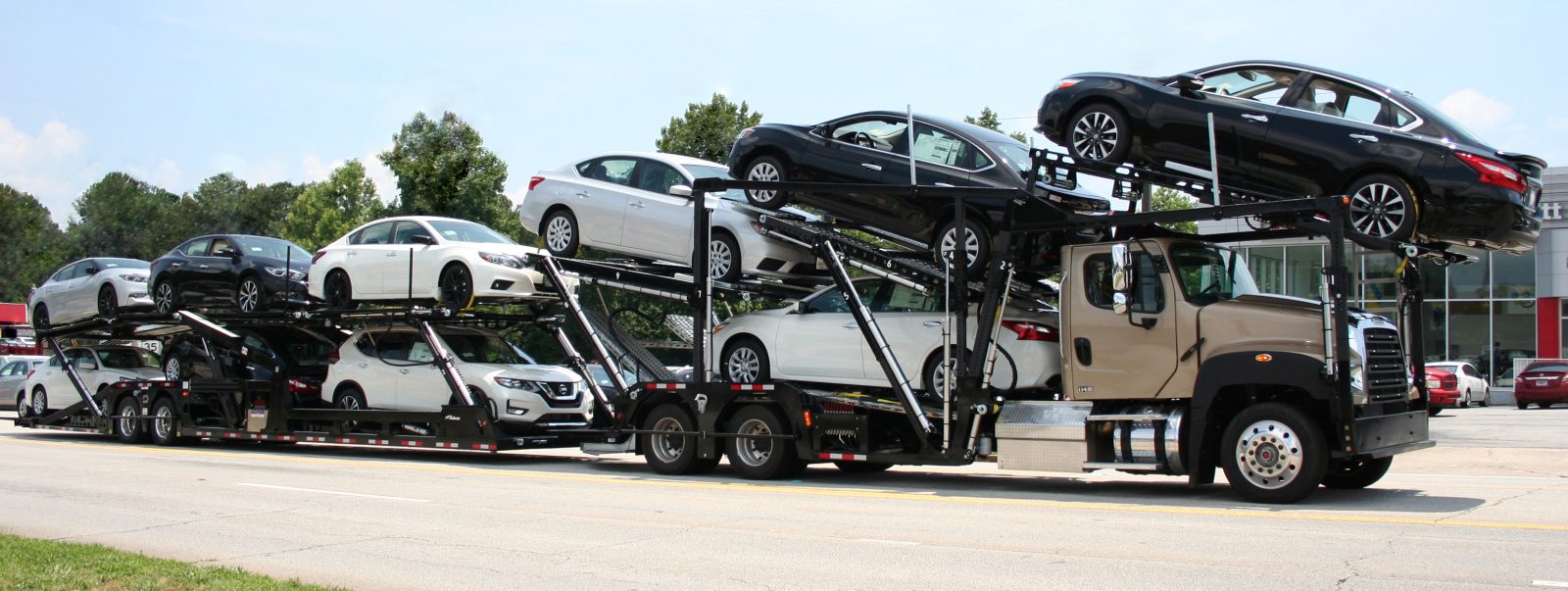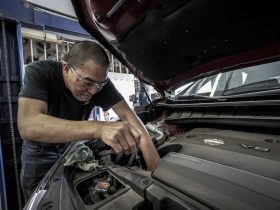In the wake of global calls for sustainability, the trucking industry is at a pivotal juncture, balancing operational efficiency with a reduced environmental footprint. Amid this transformation, driven by ethical and regulatory demands for greener logistics, an understanding of the economic implications within specific niches, such as car hauler pay, becomes crucial. Haulk’s article How Much Money Do Car Haulers Make Per Car offers valuable insights into the profitability of sustainable transport solutions. This detailed analysis explores the strategies and innovations propelling the trucking sector towards a sustainable future, intertwining ecological stewardship with financial insights.
The Shift Toward Sustainability in Trucking
Understanding the Environmental Impact
The trucking industry, a critical backbone of global commerce, is also a significant contributor to environmental pollutants, including greenhouse gas emissions and particulate matter. The urgency to adopt sustainable practices is underscored by the sector’s substantial ecological impact, necessitating a shift towards more environmentally friendly operations.
Global Trends and Regulatory Pressures
Internationally, there’s a palpable shift towards sustainability, with governments and regulatory bodies imposing stringent standards on emissions and fuel efficiency. The European Union’s ambitious Green Deal and the United States’ renewed focus on environmental regulations exemplify the global momentum towards cleaner trucking practices. These regulatory frameworks compel the industry to rethink and remodel its operations around sustainability.
Innovations Driving Green Trucking
Advances in Fuel Efficiency and Alternative Fuels
The quest for sustainability has spurred remarkable innovations in truck design and propulsion. Advances in aerodynamics and engine efficiency are making trucks less fuel-thirsty, while the advent of electric, hydrogen fuel cell, and biofuel-powered trucks heralds a new era of clean energy in freight transport. Companies like Tesla and Nikola are at the forefront, showcasing electric and hydrogen trucks that promise to revolutionize the industry with zero emissions.
Smart Logistics and Route Optimization
Technological advancements, particularly in AI and the Internet of Things (IoT), are reshaping logistics management. Smart logistics systems leverage real-time data to optimize routes, reducing unnecessary mileage and, consequently, emissions. These intelligent systems not only contribute to environmental sustainability but also enhance operational efficiency, reducing costs and improving service delivery.
Implementing Green Strategies in Your Trucking Business
Building a Sustainable Fleet
Transitioning to a sustainable fleet involves a multifaceted approach, starting with the acquisition of eco-friendly vehicles. However, it’s not solely about purchasing new trucks; maintaining existing vehicles for optimal efficiency is equally vital. Regular maintenance ensures that trucks run efficiently, while phasing in vehicles powered by alternative fuels or advanced technologies can significantly reduce the fleet’s environmental impact.
Embracing Technological Solutions
Technology plays a crucial role in greening the trucking industry. Implementing fleet management software and telematics systems can provide insights into fuel consumption, vehicle performance, and driver behavior, identifying areas for improvement. Additionally, training drivers in eco-driving techniques can further reduce fuel consumption and emissions, underscoring the importance of human factors in achieving sustainability.
FAQ and Answers
1 – What are the first steps toward greening a trucking fleet?
Initiating the transition to a green fleet begins with assessing the current environmental impact, followed by strategic investments in fuel-efficient or alternative fuel vehicles. Educating and training drivers in sustainable practices is also a critical initial step.
2 – How significant are the cost implications of transitioning to green trucking?
While the upfront costs of greener technologies and vehicles can be higher, the long-term savings in fuel costs, coupled with potential government incentives and the avoidance of regulatory penalties, contribute to a favorable ROI for sustainable practices.
3 – Can small trucking companies compete in sustainability with larger corporations?
Yes, small trucking firms can effectively implement green strategies by focusing on scalable and cost-effective solutions such as driver training, route optimization, and gradual fleet upgrades, making sustainability achievable regardless of company size.
4 – What role do governments play in encouraging green trucking?
Governments are pivotal in fostering green trucking through incentives for clean energy vehicles, subsidies for technology adoption, and regulations that set minimum environmental standards. These governmental actions not only encourage but sometimes mandate a shift towards more sustainable practices within the industry.
The trucking industry’s journey towards sustainability is characterized by a blend of challenges and opportunities. By leveraging innovations in vehicle technology, smart logistics, and adopting a holistic approach to fleet management, the sector can significantly mitigate its environmental impact. As the industry continues to evolve, the integration of green strategies will not only contribute to a healthier planet but also ensure resilience and competitiveness in the ever-changing global market landscape.







